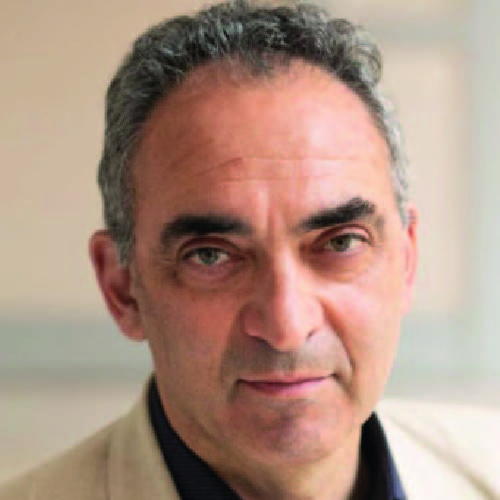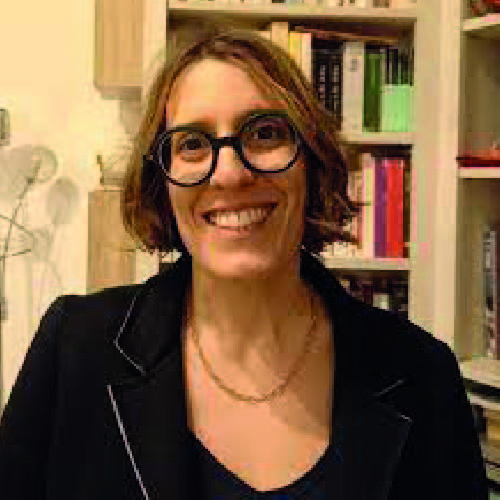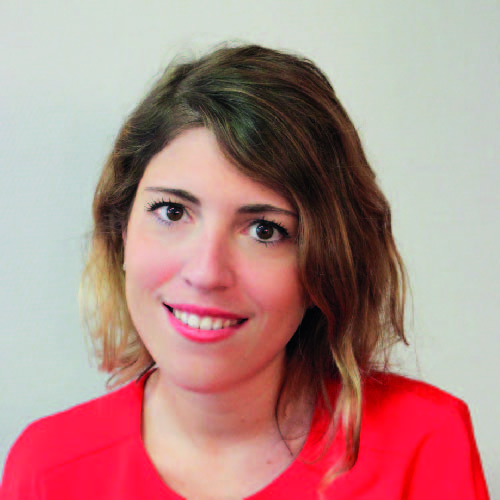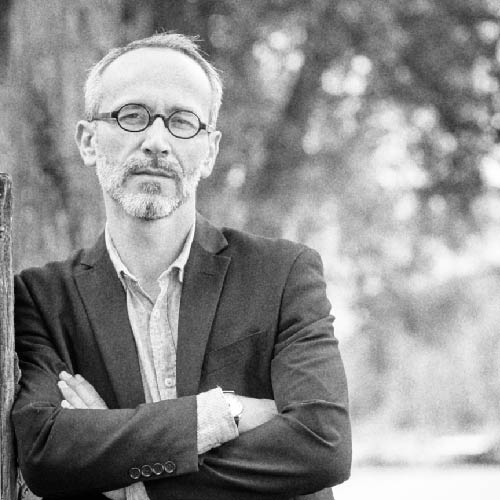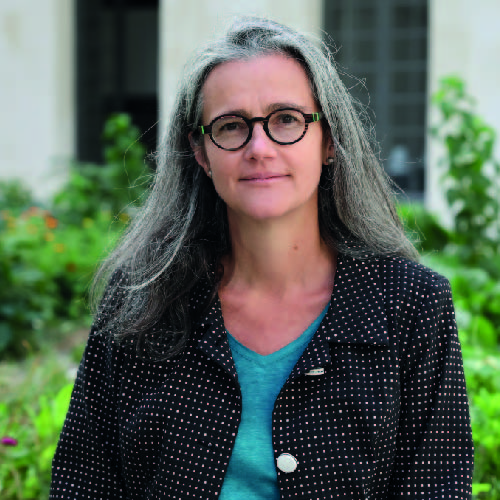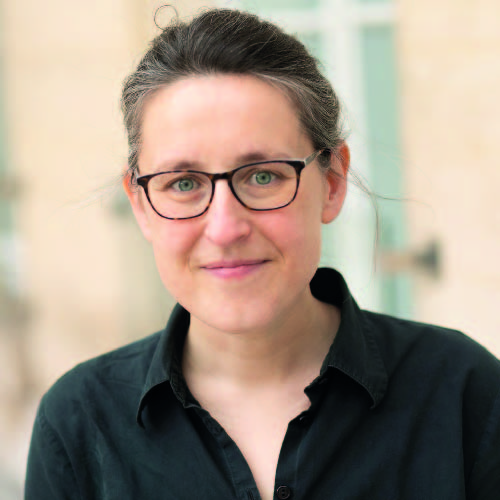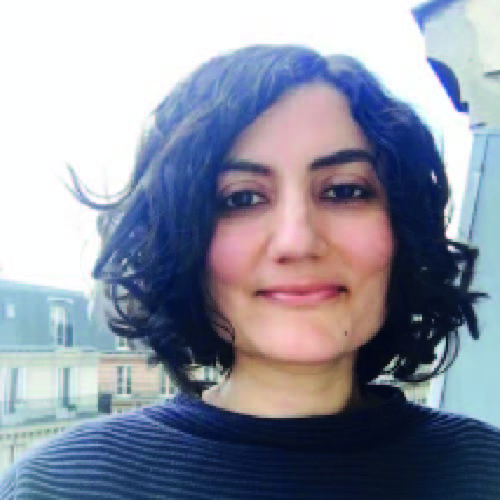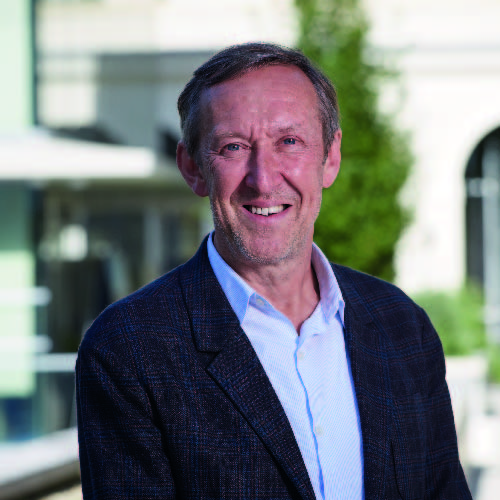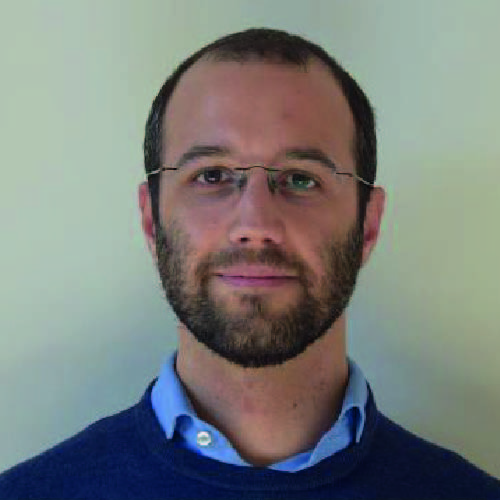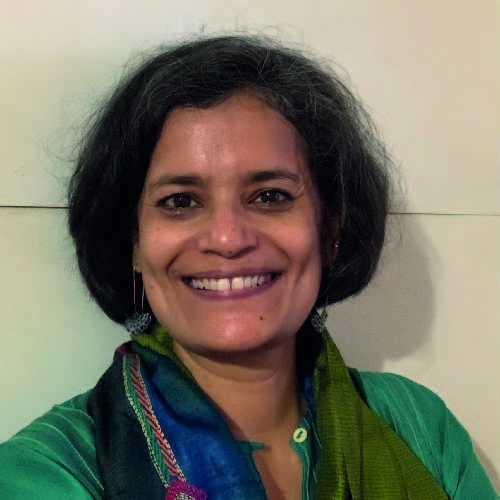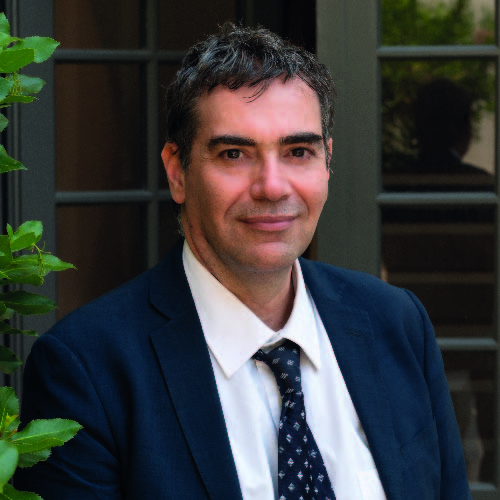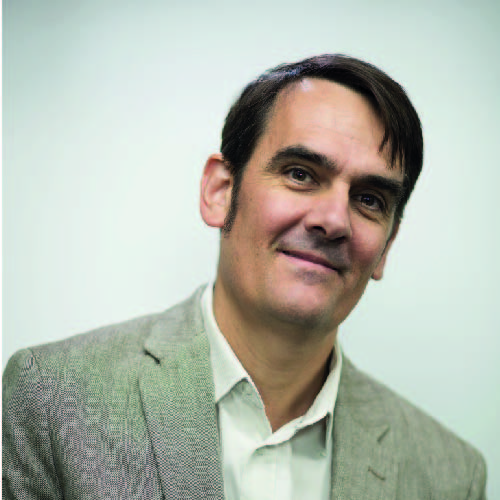AESOP 2024 ANNUAL CONGRESS | ROUNDTABLES
36th AESOP Annual Congress 2024 Paris, France
“GAME CHANGER? Planning for just and sustainable urban regions”
Post-Growth Planning – Transformation or Revolution?
This Roundtable is hosted within Track 01
Organizers :
- Christian Lamker, University of Groningen
Speakers:
- Alois Humer, Austrian Academy of Science
- Jin Xue, Norwegian University of Life Science
- Federico Savini, University of Amsterdam
- Peter Ache, Radboud University Nijmegen
- Kim Carlotta von Schönfeld, Western Norway University of Applied Science
Mushrooming debates around post-growth planning are promising recent signs of a renewed search for ‘game changers’ that bridge from crises and systemic critique towards the potentials for transformations in and by spatial planning. Post-growth planning touches on foundations of a discipline that has centred around coping with organizing, and fostering economic growth alongside or through new developments and new land uses. Most commonly, more is needed at first to then derive further benefits from there (such as affordable housing, social infrastructures, or changing energy and transport systems). The use of planning instruments remains focused on growth, though it is in question whether the instruments themselves do not allow for changes, or the roles and practices by which they are used (or not used).
Research debates in neighbouring disciplines are searching for alternatives that set a priority on or between environmental and social aspects, such as the doughnut economy, foundational economy, common good economy, well-being economy, or transition town movements. However, spatial planning as the discipline creating future pathways gets little – though increasing – attention from post-growth circles (and vice versa). In spatial planning, limited training or knowledge is available to plan beyond growth in contemporary contexts. Ideas differ widely in their radicality, agency, responsibility, and origins, while all inspire links to potential tomorrows and see need for structural changes alongside behavioural shifts. There is a further need for open thought experiments with post-growth thinking in planning theory, research, and practice:
How is agency towards post-growth planning conceived between a revolution of spatial planning as such and the transformation of roles within existing planning systems? This special session connects researchers from several European countries with their experience during the past few years of establishing a discourse on post-growth in spatial planning. The session especially aims to investigate links to contemporary spatial and planning realities and uncovers how far post-growth planning is able to serve as a game changer that is able to fulfil the widely agreed demands from the climate crisis, sustainability, and social justice.
Keywords: Post-Growth Planning, Post-Growth, Degrowth, Planning Instruments, Roles in Planning
LOC
The Local Organising Committee
